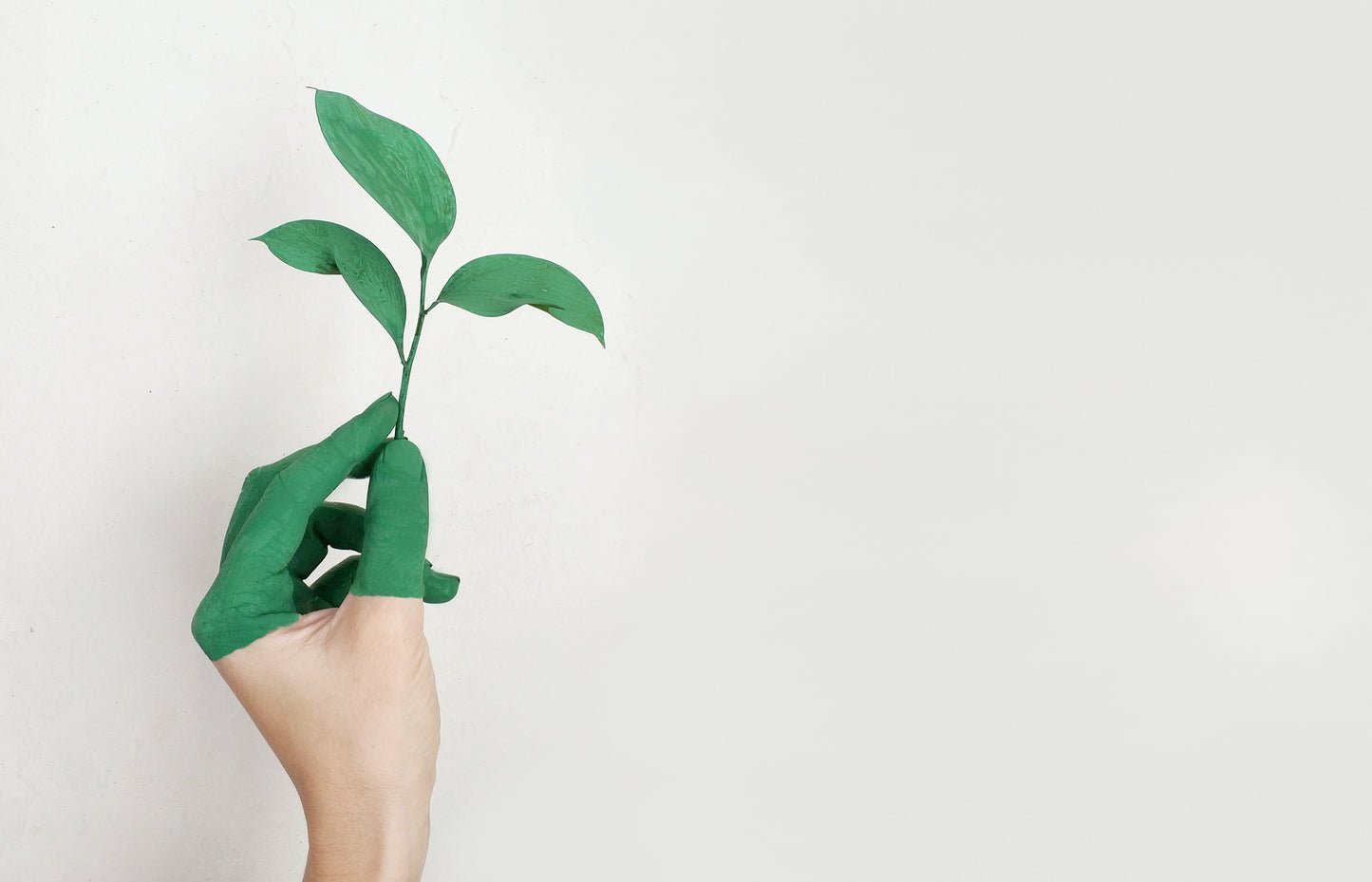
In an era where environmental concerns are taking center stage, the concept of a circular economy is gaining momentum as a powerful solution to address the mounting challenges of waste generation and resource depletion. The linear "take, make, dispose" model is no longer sustainable in the long run, prompting businesses to rethink their strategies and transition towards circular practices. The circular economy revolution is not only an ecological imperative but also a strategic business move, as it presents opportunities for innovation, cost savings, and enhanced brand reputation. With conscious consumerism becoming more influential, customers are shopping in ways to have a positive impact on social, environmental and economic causes. This is reflected in a 71% increase in Google searches for sustainable goods between 2016 and 2021, according to WWF. Here we will highlight how forward-thinking companies are embracing circular economy models, with a focus on recycling, upcycling, and waste reduction across their production and supply chains.
Lush Cosmetics
One shining example of a company leading the charge in recycling innovation is Lush. Lush, the cosmetics brand, is spearheading a circular economy revolution through innovative sustainable practices. By offering a repair service for its products and encouraging customers to return empty containers for recycling in exchange for store credit and free products. Lush extends the lifecycle of its items, reducing waste and promoting reuse. Their commitment to using ethically sourced, natural ingredients and minimizing packaging further aligns with circular principles. Lush's approach not only reduces environmental impact but also inspires a consumer shift towards conscious consumption, setting a remarkable example for the beauty industry to embrace circularity and redefine the way products are made and used.

TerraCycle
Another company making waves in the circular economy space is TerraCycle. This innovative firm specializes in "upcycling" – the process of transforming waste materials into new, higher-value products. TerraCycle's various programs collect hard-to-recycle items, such as chip bags and toothbrushes, and repurpose them into consumer goods like bags and park benches. This approach not only reduces the strain on traditional waste management systems but also presents a novel way to add value to materials that would otherwise end up in the landfill. TerraCycle's business model exemplifies how creativity and environmental stewardship can intersect to create a win-win scenario.

Dell
Dell is driving a circular economy revolution through pioneering sustainable practices. Their closed-loop recycling program collects used electronics, extracting valuable materials for new product manufacturing. This approach minimizes e-waste and reduces resource depletion. By refurbishing and reusing components, Dell extends product lifecycles, curbing environmental impact. To this date, Dell has utilized 343.3 million pounds of sustainable materials in the products and packaging. They also have very promising goals for the year of 2023, like for every metric ton of product a customer buys, one metric ton will be reused or recycled,100% of packaging will be made from recycled or renewable material, or will utilize reused packaging, and more than half of their product content will be made from recycled, renewable or reduced carbon emissions material. Such initiatives promote a circular mindset in the tech industry, showcasing the feasibility of resource-efficient production and inspiring a shift towards sustainable electronics consumption. Dell's commitment exemplifies how innovation and sustainability can coalesce to reshape business models and contribute to a more regenerative global economy.

Closing the Loop: Embracing Circular Values for a Sustainable Future
The circular economy revolution is not limited to a few visionary companies; it is a movement that is gaining momentum across industries. From fashion to technology, businesses are recognizing the potential of circular practices to drive innovation, reduce environmental impact, and bolster bottom lines. As the examples of Lush, TerraCycle, and Dell exemplify, embracing circular economy principles can take many forms – from recycling and upcycling to waste reduction and supply chain optimization. With more and more people becoming conscious consumers of the products/services they buy, it is becoming increasingly important to support and facilitate these positive social and environmental changes, both for the company and for the world.
In conclusion, the circular economy revolution presents a transformative path forward for businesses looking to thrive in a resource-constrained world. By reimagining how products are designed, produced, and consumed, companies can contribute to a more sustainable and resilient future. The cases of Lush, TerraCycle, and Dell underscore the myriad benefits of circular practices, from reducing waste and conserving resources to building customer loyalty and enhancing brand reputation. As the circular economy gains traction, it is not just a trend but a necessary shift towards a regenerative and prosperous economy for all.
